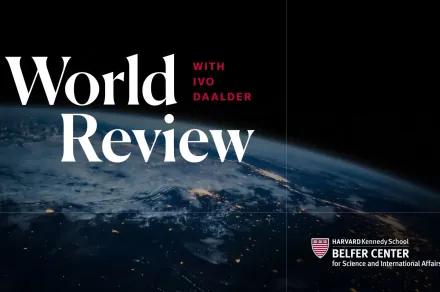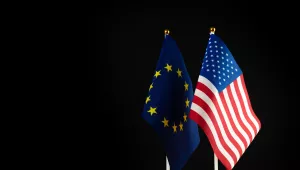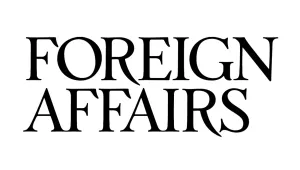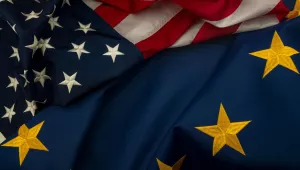
About
The Project on Europe and the Transatlantic Relationship aims to strengthen the University’s capacities for teaching, research, and policy on the relationship between the United States and Europe.
The program is designed to deepen a relationship which has — for over 70 years— served as an anchor of global order, driven the expansion of the world economy, provided peace and stability and reunited peoples once divided by war.
In doing so, we hope to prepare a new generation of leaders on both sides of the Atlantic.
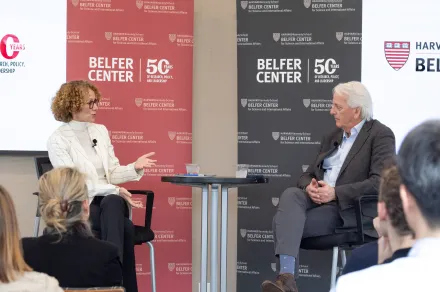
Watch: NATO Deputy Secretary General Radmila Šekerinska
At the Belfer Center, NATO Deputy Secretary General Radmila Šekerinska and Senior Fellow Ivo Daalder offer insights on future of NATO security.
Our Mission
Our project convenes academics and practitioners for teaching and training, conferences and workshops for degree students and policy-makers around four core areas: Security Policy; Diplomacy; Economics and Trade; and Strengthening Western Democracies.
Our programming is designed to prepare a next generation of transatlantic leaders for careers in related fields, including in diplomacy, security and development policy, but also in the key policy areas that reinforce the transatlantic relationship, including economic and labor relations, trade, energy, cyber and technology policy as well as cooperative approaches to tackling transnational issues - including climate change, terrorism and the rise of anti-democratic populism.
